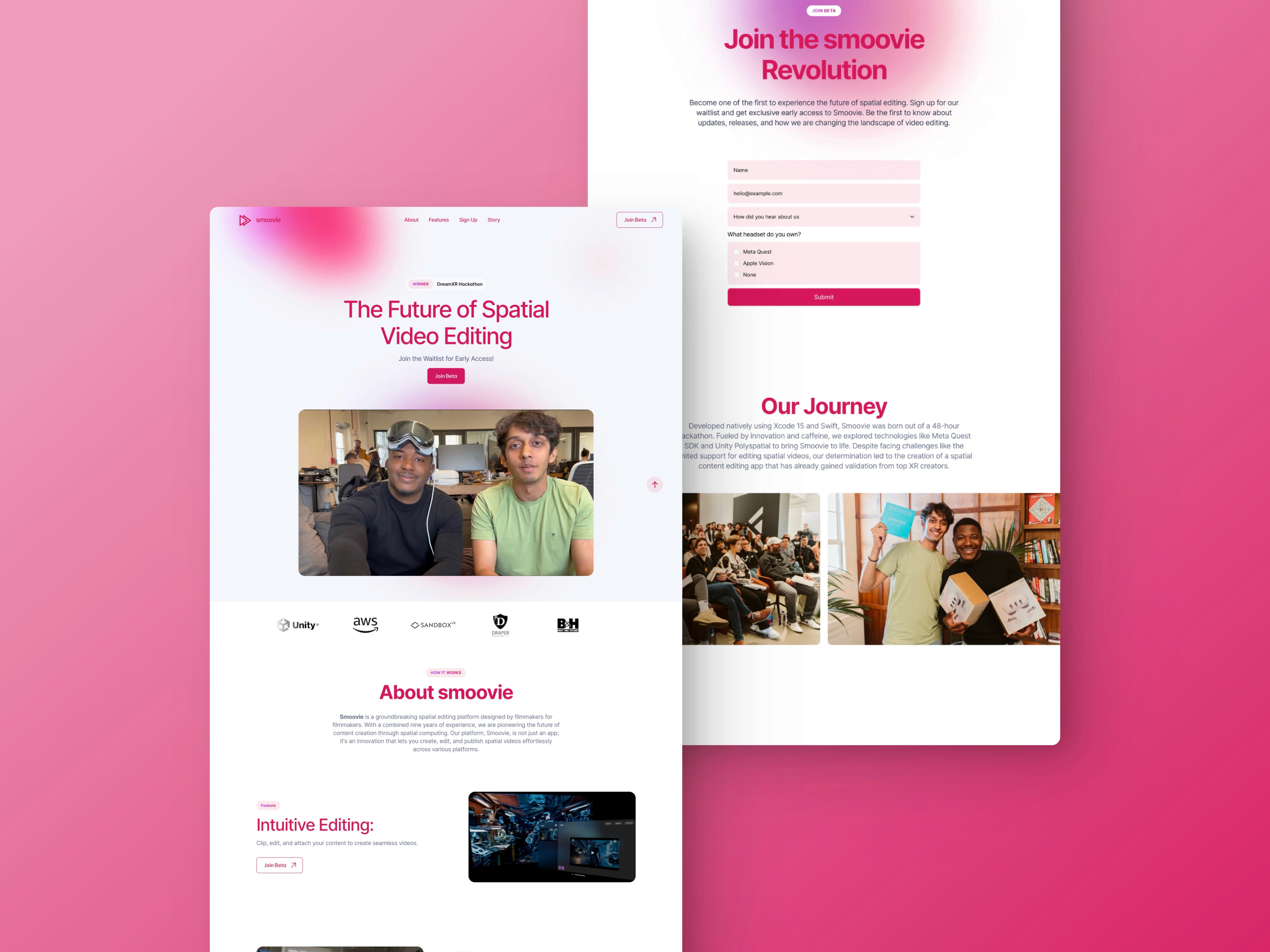Back to blog
"Incorporating AI Agents in Recruitment: Smarter Hiring Strategies"
How AI Agents Qualify Candidates
The recruitment process has undergone a significant transformation with the integration of AI agents. These intelligent systems have simplified the task of qualifying candidates, making it more efficient and effective. AI-powered screening processes can analyze vast amounts of data, identifying the most suitable candidates for a particular role. This automation enables recruiters to focus on more strategic tasks, such as building relationships with potential employees and creating a positive candidate experience.
One of the primary advantages of AI-driven screening processes is their ability to reduce bias. Traditional recruitment methods often rely on human judgment, which can be influenced by personal biases and prejudices. AI agents, on the other hand, make decisions based on data and predefined criteria, ensuring a more objective evaluation of candidates. Additionally, AI-powered systems can process large volumes of data quickly, allowing recruiters to respond to candidates in a timely manner and improving the overall recruitment experience.
AI-Powered Screening Processes
AI-powered screening processes typically involve the following steps:
Data Collection: Candidates submit their resumes, cover letters, and other relevant documents, which are then collected and stored in a centralized database.
Keyword Extraction: AI algorithms extract relevant keywords and phrases from the collected data, allowing recruiters to identify candidates with the required skills and qualifications.
Ranking and Filtering: Candidates are ranked and filtered based on their qualifications, skills, and experience, enabling recruiters to focus on the most suitable candidates.
These AI-powered screening processes have revolutionized the recruitment industry, enabling companies to streamline their hiring processes and reduce the time-to-hire. By automating routine tasks, recruiters can focus on more strategic aspects of the recruitment process, such as building relationships with candidates and creating a positive employer brand.
Predictive Analytics for Better Matching
Predictive analytics is a powerful tool that enables recruiters to make data-driven decisions when matching candidates with job openings. By analyzing historical data and candidate behavior, AI algorithms can predict the likelihood of a candidate succeeding in a particular role. This approach helps recruiters identify the best-fit candidates, reducing the risk of bad hires and improving the overall quality of the recruitment process.
Predictive analytics can be used in various ways, including:
Candidate Profiling: AI algorithms create detailed profiles of candidates, including their skills, experience, and behavioral traits, allowing recruiters to identify the most suitable candidates for a particular role.
Job Matching: AI-powered systems match candidates with job openings based on their skills, experience, and preferences, ensuring a more accurate and efficient recruitment process.
Employee Retention: Predictive analytics can help recruiters identify factors that contribute to employee turnover, enabling them to develop strategies to improve employee retention and reduce recruitment costs.
By leveraging predictive analytics, recruiters can make more informed decisions, reduce the risk of bad hires, and improve the overall efficiency of the recruitment process.
Automating Routine Tasks for Recruitment Efficiency
Recruitment involves a range of routine tasks, from scheduling interviews to sending notifications to candidates. These tasks can be time-consuming and labor-intensive, taking away from more strategic aspects of the recruitment process. AI agents can automate these routine tasks, freeing up recruiters to focus on more high-value activities.
Some examples of routine tasks that can be automated include:
Scheduling Interviews: AI-powered systems can schedule interviews, send reminders, and notify candidates of any changes or updates.
Communication: AI agents can send automated emails, notifications, and updates to candidates, keeping them informed throughout the recruitment process.
Data Entry: AI-powered systems can automate data entry tasks, such as updating candidate information and tracking recruitment metrics.
By automating routine tasks, recruiters can improve the efficiency of the recruitment process, reduce costs, and enhance the overall candidate experience.
Streamlining the Hiring Process with AI
The hiring process can be lengthy and cumbersome, involving multiple stakeholders and tasks. AI agents can help streamline the hiring process, making it more efficient and effective. From AI-driven virtual interviews to AI-powered scheduling tools, there are various ways to leverage AI in the hiring process.
One of the primary advantages of using AI in the hiring process is its ability to reduce bias. AI algorithms can analyze data and make decisions based on predefined criteria, ensuring a more objective evaluation of candidates. Additionally, AI-powered systems can process large volumes of data quickly, allowing recruiters to respond to candidates in a timely manner and improving the overall recruitment experience.
AI-Driven Virtual Interviews
Virtual interviews have become increasingly popular in recent years, offering a convenient and cost-effective way to conduct interviews. AI-driven virtual interviews take this concept to the next level, enabling recruiters to conduct interviews remotely and objectively evaluate candidates.
Some benefits of AI-driven virtual interviews include:
Increased Efficiency: AI-powered systems can conduct interviews 24/7, allowing recruiters to evaluate candidates outside of regular working hours.
Reduced Bias: AI algorithms can analyze data and make decisions based on predefined criteria, ensuring a more objective evaluation of candidates.
Improved Candidate Experience: AI-driven virtual interviews can provide candidates with a more personalized and engaging experience, allowing them to showcase their skills and qualifications in a more effective way.
By leveraging AI-driven virtual interviews, recruiters can improve the efficiency and effectiveness of the hiring process, reducing costs and enhancing the overall candidate experience.
Implementing AI-Powered Scheduling Tools
Scheduling interviews and meetings can be a time-consuming task, taking away from more strategic aspects of the recruitment process. AI-powered scheduling tools can automate this task, allowing recruiters to focus on more high-value activities.
Some benefits of AI-powered scheduling tools include:
Increased Efficiency: AI-powered systems can schedule interviews and meetings in real-time, reducing the time and effort required to coordinate with candidates and stakeholders.
Improved Candidate Experience: AI-powered scheduling tools can provide candidates with a more personalized and convenient experience, allowing them to schedule interviews and meetings at a time that suits them.
Reduced No-Shows: AI-powered systems can send automated reminders and notifications, reducing the likelihood of no-shows and improving the overall efficiency of the recruitment process.
By implementing AI-powered scheduling tools, recruiters can improve the efficiency and effectiveness of the hiring process, reducing costs and enhancing the overall candidate experience.
Centralized Databases for Easy Information Management
Recruitment involves a vast amount of data, from candidate information to job openings and recruitment metrics. Managing this data can be a daunting task, requiring significant time and effort. AI-powered centralized databases can simplify this task, providing recruiters with a single platform to manage all their recruitment data.
Some benefits of AI-powered centralized databases include:
Improved Data Management: AI-powered systems can store, manage, and analyze large volumes of data, providing recruiters with a single platform to manage all their recruitment data.
Enhanced Collaboration: AI-powered centralized databases can facilitate collaboration between stakeholders, allowing recruiters to share data and insights in real-time.
Advanced Analytics: AI-powered systems can analyze data and provide recruiters with insights and recommendations, enabling them to make more informed decisions and improve the overall efficiency of the recruitment process.
By leveraging AI-powered centralized databases, recruiters can simplify the task of data management, improve collaboration, and make more informed decisions.
Integration and Implementation Best Practices
Integrating AI agents into the recruitment process can be a complex task, requiring significant time and effort. To ensure successful integration and implementation, recruiters must follow best practices and guidelines.
Some best practices for integrating AI agents into the recruitment process include:
Define Clear Objectives: Recruiters must define clear objectives and key performance indicators (KPIs) for the AI-powered recruitment system, ensuring that it aligns with the organization's overall recruitment strategy.
Choose the Right Technology: Recruiters must choose the right AI technology and vendor, ensuring that the system meets their specific needs and requirements.
Develop a Change Management Strategy: Recruiters must develop a change management strategy, ensuring that all stakeholders are aware of the benefits and limitations of the AI-powered recruitment system.
By following these best practices, recruiters can ensure successful integration and implementation of AI agents into the recruitment process, improving the efficiency and effectiveness of the hiring process.
Balancing Human Judgment with AI Insights
While AI agents can provide valuable insights and recommendations, human judgment is still essential in the recruitment process. Recruiters must balance the benefits of AI-powered recruitment with the need for human judgment and oversight.
Some ways to balance human judgment with AI insights include:
Hybrid Approach: Recruiters can use a hybrid approach, combining the benefits of AI-powered recruitment with human judgment and oversight.
Human-in-the-Loop: Recruiters can use a human-in-the-loop approach, where AI algorithms provide recommendations and insights, but human recruiters make the final decisions.
Explainable AI: Recruiters can use explainable AI, where AI algorithms provide transparent and interpretable insights, enabling human recruiters to understand the decision-making process.
By balancing human judgment with AI insights, recruiters can ensure that the recruitment process is fair, transparent, and effective.
Training AI Models with Diverse Recruitment Data
AI models require diverse and high-quality data to learn and make accurate predictions. Recruiters must ensure that the recruitment data used to train AI models is diverse, representative, and free from bias.
Some ways to train AI models with diverse recruitment data include:
Data Collection: Recruiters can collect data from a variety of sources, including job boards, social media, and employee referrals.
Data Preprocessing: Recruiters can preprocess the data to remove bias and ensure that it is representative of the target population.
Model Evaluation: Recruiters can evaluate the AI model using diverse and representative data, ensuring that it is fair, transparent, and effective.
By training AI models with diverse recruitment data, recruiters can ensure that the AI-powered recruitment system is fair, transparent, and effective.
Managing Potential Biases in AI-Driven Recruitment
AI-driven recruitment systems can be prone to bias, particularly if the training data is biased or incomplete. Recruiters must manage potential biases in AI-driven recruitment, ensuring that the system is fair, transparent, and effective.
Some ways to manage potential biases in AI-driven recruitment include:
Bias Detection: Recruiters can use bias detection techniques to identify and mitigate bias in the AI-powered recruitment system.
Regular Auditing: Recruiters can regularly audit the AI-powered recruitment system to ensure that it is fair, transparent, and effective.
Human Oversight: Recruiters can use human oversight to review and correct the output of the AI-powered recruitment system, ensuring that it is fair and transparent.
By managing potential biases in AI-driven recruitment, recruiters can ensure that the recruitment process is fair, transparent, and effective.


